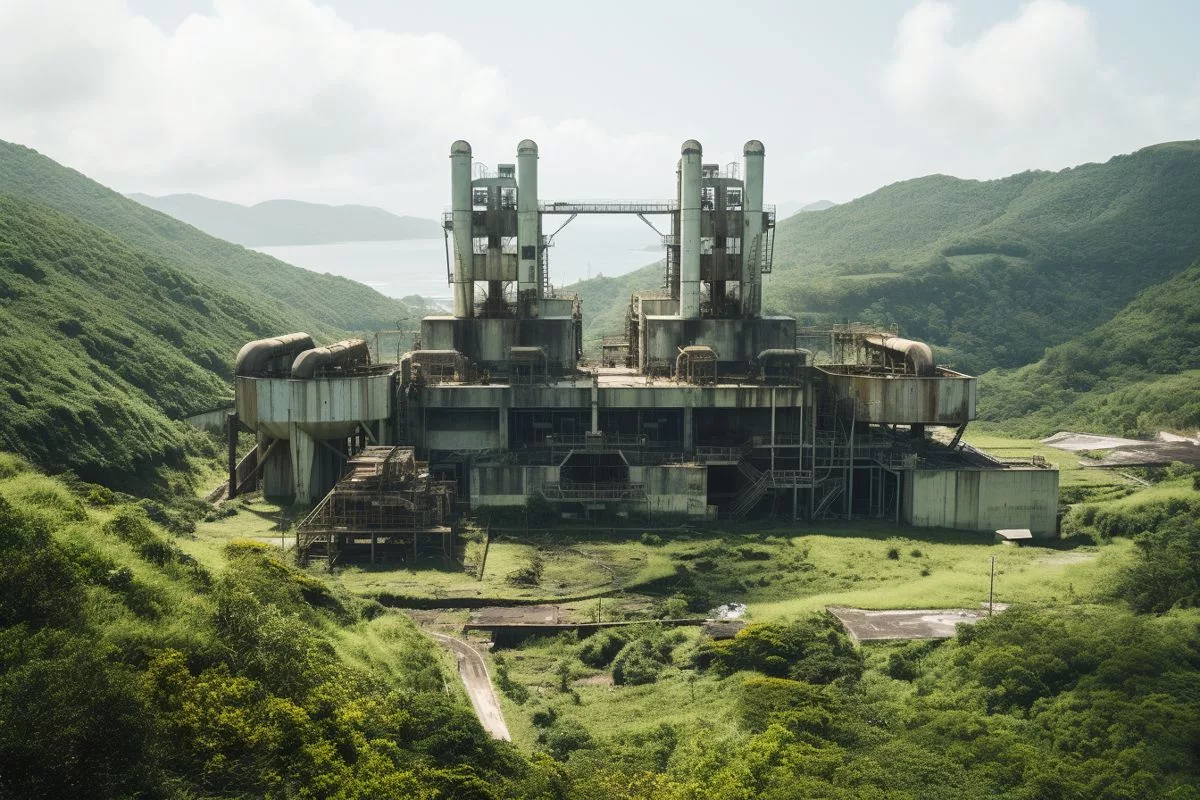The Climate Advisory Board has recommended a just and equitable transition for the decommissioning of the Komati Power Station in Mpumalanga, South Africa. The report, which sets a benchmark for future initiatives, was presented to the Presidential Climate Commission and includes insights from the local community and workforce. President Cyril Ramaphosa praised the report and its potential to restore justice for affected workers and communities, while also safeguarding jobs and supporting communities during the transition towards a low-carbon future. The report is a stride towards a more sustainable and equitable future in South Africa.
What are the Climate Advisory Board’s suggestions for the Komati Power Station’s decommissioning in South Africa?
The Climate Advisory Board’s recommendations for the decommissioning of the Komati Power Station in Mpumalanga focus on steering South Africa towards an equitable transition. The report provides a detailed examination of the decommissioning process, setting a benchmark for future initiatives. The report’s recommendations have the potential to progress towards restoring justice for affected workers and communities. The board engaged with the Komati workforce and local community, gathering insights that would shape potential future coal decommissioning and repurposing projects.
South Africa’s Steady Strides Towards Green Transition
In a remarkable demonstration of South Africa’s serious commitment to ecological sustainability, President Cyril Ramaphosa embraced the initial recommendations from the Climate Advisory Board. These suggestions, focused on the decommissioning of the Komati Power Station in Mpumalanga, are designed to steer the country’s path towards an equitable transition.
The board presented its report during a significant meeting of the commission, an event that symbolized the merging of diverse perspectives from the affected groups. The accounts and viewpoints of communities from Steve Tshwete and Emalahleni Municipalities, as well as those impacted directly, are carefully interwoven in this comprehensive document.
President Ramaphosa praised this enlightening report, admiring its methodical construction that was both inclusive and interactive. He commented that the document’s recommendations have the potential to progress towards restoring justice for affected workers and communities. The report provides a detailed examination of the Komati station’s decommissioning process, setting a benchmark for future initiatives.
A Confluence of Insights and Collaborative Efforts
The Climate Advisory Board started engaging with the Komati workforce and local community in January 2022, a vital action that contributed to the formulation of the national Just Transition Framework. The board members also visited the site on 7th July and 27th October 2023, in line with the President’s directives. They delved into the complexities of Komati’s decommissioning process, gathering insights that would shape potential future coal decommissioning and repurposing projects.
The interactions culminated in the commission adopting the Preliminary Report in September. This was followed by comprehensive discussions with various stakeholders, including local government representatives, business persons, Eskom, and the Komati community members. This collaborative engagement underlines the spirit of unity and cooperation as South Africa journey towards a greener future.
President Ramaphosa highlighted the significance of the report as a model for future coal plant decommissioning projects. He anticipates using this document as a tool to ensure uniformity in just transition planning, engage communities, stimulate economic diversification, and secure government resources for transitioning regions.
The Path to a Sustainable and Equitable Future
While recognizing the vulnerability of the poor, unemployed, and rural communities during the transition, the President expressed the need for strategies to safeguard jobs and support communities. “We need to formulate strategies to secure jobs and support communities in order to actualize the vision of a just transition as we move towards a net-zero economy and society,” he stated.
In acknowledgment of the collective effort, President Ramaphosa expressed his gratitude to the Commission members, social partners, and various stakeholders. Their relentless efforts resulted in comprehensive proposals based on solid evidence, extensive social interaction, and consensus. This report is a stride towards a more sustainable and equitable future, where the economy’s shift to a low-carbon future is inclusive and considers all stakeholders involved.
Although the Komati Power Station’s decommissioning marks a crucial point in South Africa’s green transition, it is merely the start. The Climate Advisory Board’s report serves as a guide, directing South Africa towards a fair and sustainable future. As the nation embarks on this journey, the lessons learnt from Komati will undoubtedly be invaluable, molding South Africa’s green transition in a positive way.
1. What is the Climate Advisory Board’s recommendation for the decommissioning of the Komati Power Station in South Africa?
The Climate Advisory Board’s recommendations for the decommissioning of the Komati Power Station in Mpumalanga focus on steering South Africa towards an equitable transition. The report provides a detailed examination of the decommissioning process, setting a benchmark for future initiatives. The report’s recommendations have the potential to progress towards restoring justice for affected workers and communities. The board engaged with the Komati workforce and local community, gathering insights that would shape potential future coal decommissioning and repurposing projects.
2. What is the Just Transition Framework?
The Just Transition Framework is a national framework that was formulated with the input of the Climate Advisory Board’s engagement with the Komati workforce and local communities in January 2022. It aims to ensure that the transition towards a low-carbon future is equitable and just, safeguarding jobs and supporting communities during the transition.
3. Who did the Climate Advisory Board engage with in formulating the report?
The Climate Advisory Board engaged with the Komati workforce and local community, gathering insights that would shape potential future coal decommissioning and repurposing projects. The accounts and viewpoints of communities from Steve Tshwete and Emalahleni Municipalities, as well as those impacted directly, are carefully interwoven in this comprehensive document.
4. What is South Africa’s commitment to ecological sustainability?
South Africa is committed to ecological sustainability. President Cyril Ramaphosa has embraced the initial recommendations from the Climate Advisory Board, which are designed to steer the country’s path towards an equitable transition. He anticipates using this document as a tool to ensure uniformity in just transition planning, engage communities, stimulate economic diversification, and secure government resources for transitioning regions.
5. What is the significance of the report?
The report is a model for future coal plant decommissioning projects and serves as a guide, directing South Africa towards a fair and sustainable future. The lessons learnt from Komati will undoubtedly be invaluable, molding South Africa’s green transition in a positive way.
6. What is the President’s vision for a just transition?
While recognizing the vulnerability of the poor, unemployed, and rural communities during the transition, the President expressed the need for strategies to safeguard jobs and support communities. “We need to formulate strategies to secure jobs and support communities in order to actualize the vision of a just transition as we move towards a net-zero economy and society,” he stated.








